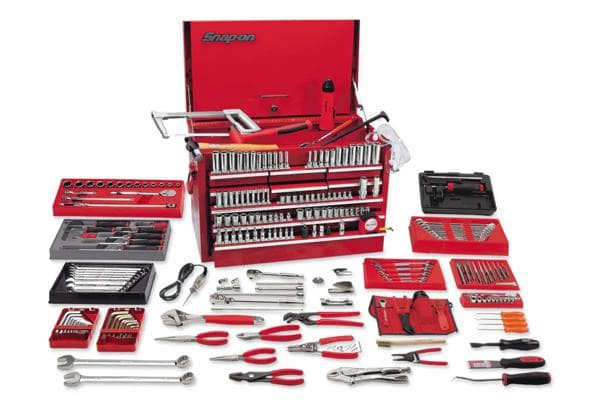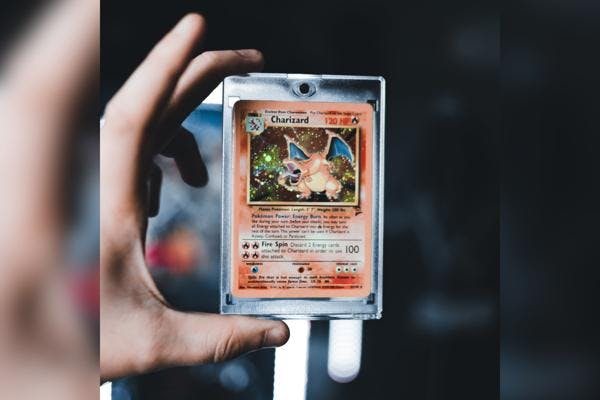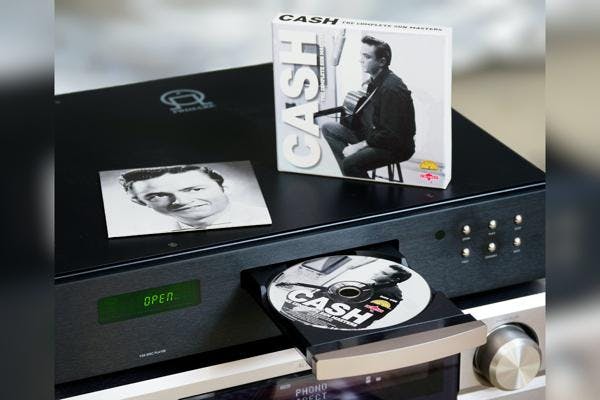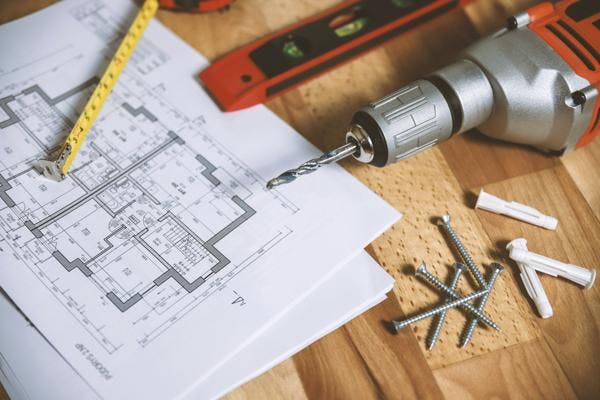
Unleashing the Value: Pawning Snap-on Tools at Pawn Shops
Many pawn shops pay top dollar for good condition tools and equipment.

Pawn shops are regulated and must comply with regional and national laws. Pawn shops are not legally able to accept stolen merchandise and property - as a result, they have to perform a minimum amount of diligence to ensure the items they sell are not stolen. In addition, pawnbrokers must record transaction information and provide the information to law enforcement upon request.
According to a study by the National Pawnbroker Association, less than 1% of goods sold to pawn shops are identified as stolen.
Most states have statutes that make it illegal for persons to traffic in property that he or she knows to be stolen. Pawnbrokers can face criminal charges and lose their operating license if they knowingly accept stolen goods.
Pawn shops work with local law enforcement to identify stolen goods. Pawn shops often use stolen goods databases to track and identify stolen property. The databases contain serial numbers of stolen goods, and an alert is registered when the pawnbroker enters a serial number that matches a stolen item record.
Stolen merchandise databases are updated and maintained by local law enforcement. These databases are private and not viewable by the public.
Sometimes law enforcement may notify pawn shops to be on the lookout for specific goods after a large heist or robbery.
Pawnbrokers are not obligated to accept the merchandise. They can refuse merchandise they suspect of being stolen without proof. Often pawnbrokers will analyze the character and circumstances when a person tries to pawn an item or bundle of items.
Pawn shops are not allowed to buy items they know are stolen. If a pawn shop buys an item and later finds out it is stolen, the pawn shop must notify local law enforcement of the incident and hold the item. The pawn shop is not allowed to keep the item for sale while police are investigating the case.
Pawn shops always ask for government identification to record the identity of the person pawning or selling the goods. This information is used to track down potential thieves if the goods are later identified as stolen. Also, most pawn shops use security cameras to record activity in the store. The security footage can be stored indefinitely and used to identify persons pawning stolen goods.
Persons pawning items must also fill out paperwork related to the transaction. The person pawning the item can leave fingerprints and other personally identifiable information when they pawn their item.
Pawn shop transaction records often include:
Persons who pawn stolen goods can later be identified and face criminal charges. This means that you can go to jail if you pawn stolen goods. Sentences and fines vary by region and situation. Convicted thieves have the incident recorded on their criminal record - this can later impact their ability to get a job or a loan.
The person pawning stolen merchandise could face additional charges if the goods were obtained during a robbery. Additional charges could include breaking and entering and property damage.
You should always contact local law enforcement if you believe a pawn shop is selling your goods that were stolen. You do not need to pay the pawn shop to get back your property. Law enforcement can investigate the case and help you get the items back. Keep in mind that this process could take time, and you will be required to show proof that the goods are rightfully yours.
You should file a police report immediately when your items are stolen. This helps create a record of the incident and it can be used to reclaim stolen property once the location is identified. In addition, some police stations enter the stolen property details into a database that is used by pawn shops.
As a general rule of thumb, you should always keep records of your property. This can include:
Most regions have privacy laws that prevent pawn shops from disclosing who pawned a specific item. This means that the pawnbroker may not be allowed to disclose details regarding the pawn transaction to you.
💬 Be the first to leave a comment

Many pawn shops pay top dollar for good condition tools and equipment.

Learn how to sell your good condition designer sunglasses to pawn shops

Learn how you can exchange Christmas gifts at pawn shops for cash

Learn how to get the most money at pawn shops for your rare Pokémon Cards.

Many pawn shops still buy and sell DVDs and DVD players. Learn how much money pawn shops will offer.

Pawn shops are an essential part of the economy. Learn how you can start a profitable pawn shop in your local region.